SUMMARY
This is AI generated summarization, which may have errors. For context, always refer to the full article.
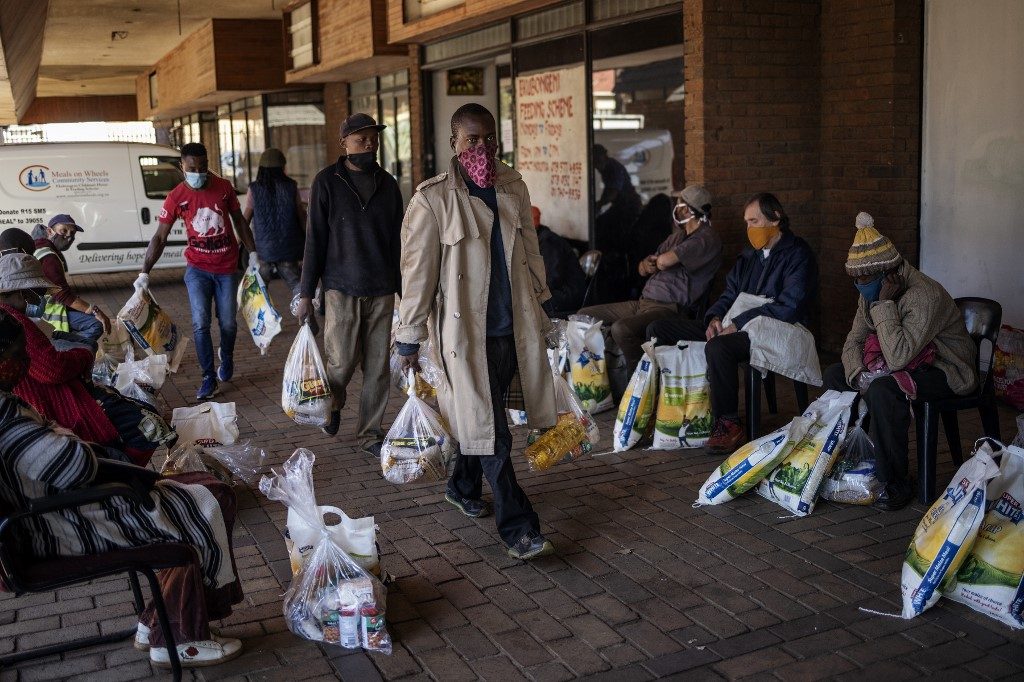
South Africa’s economy will take at least 5 years to recover from the impact of the coronavirus, the United Nations (UN) said on Monday, August 24, with poverty and inequality expected to rise sharply in 2020.
The UN Development Programme (UNDP) said gross domestic product (GDP) would decline by 7.9% this year due to the pandemic and “recover slowly through 2024,” in a socioeconomic impact assessment study released on Monday.
Extreme poverty levels could increase by as much as 66% in 2020, with 34% of middle-class households likely to fall into the “vulnerable class.”
In the best-case scenario, over 47,000 South Africans could lose their jobs this year in a country where unemployment already stands above 30%.
The continent’s most industrialized economy was already in recession when it was hit by the virus, and rolled out a strict lockdown in March to stem the spread of COVID-19.
The resulting restrictions on businesses, the jobs and incomes lost, has exacerbated existing hardship in one of the world’s most unequal societies.
While most economic restrictions were lifted this month, the UNDP warned it would take “at least 5 years” for South Africa to return to 2019 growth levels.
The UNDP noted that Black populations, female-led households, people with lower education levels, and those working informally would be particularly hard hit.
South Africa’s Cooperative Governance Minister Nkosazana Dlamini-Zuma, who launched the study, warned that the coronavirus would “further exacerbate…wide income inequalities.”
“The virus has set back the gains we had made in the 26 years since the dawn of democracy,” she said, referring to the end of white-minority rule in 1994 that left deep social and economic imbalances.
“It also came at a time when our economy was greatly challenged with pedestrian growth and limited wealth redistributions,” Dlamini-Zuma added.
South Africa has recorded the world’s 5th highest number of coronavirus cases, nearing 610,000 infections and over 13,000 deaths to date.
President Cyril Ramaphosa has sought to strike a balance between protecting public health and sustaining livelihoods.
In a weekly letter published on Monday, he vowed to develop an “urgent” recovery program for a “new, inclusive economy that creates employment and fosters sustainable growth.” – Rappler.com
Add a comment
How does this make you feel?


![[Time Trowel] Evolution and the sneakiness of COVID](https://www.rappler.com/tachyon/2024/02/tl-evolution-covid.jpg?resize=257%2C257&crop=455px%2C0px%2C1080px%2C1080px)


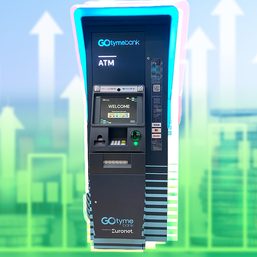

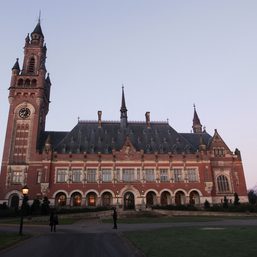
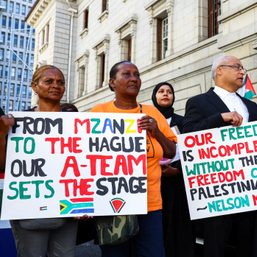

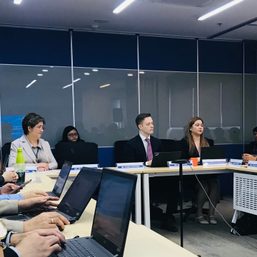




There are no comments yet. Add your comment to start the conversation.